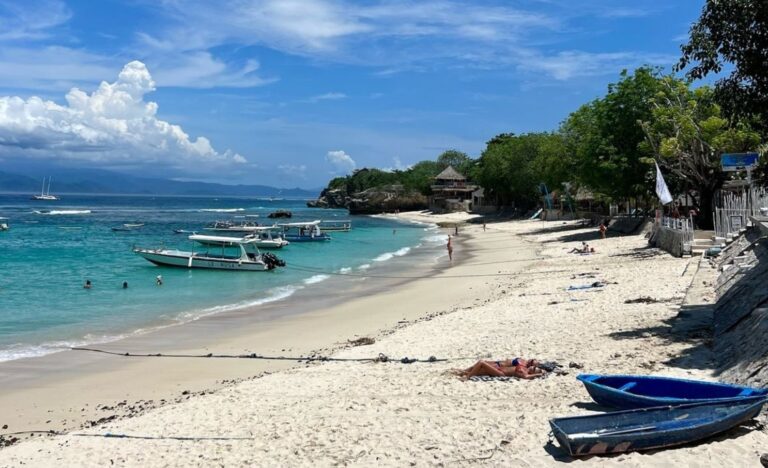Pancasila Day is one of the most important days in Indonesian history and it’s commemorated with a public holiday in the national calendar.
It refers to the day when the original five principles to guide the nation after Indonesia’s independence was declared.
The word “Pancasila” is derived from the Sanskrit word “panca” which means “five” and the Sanskrit word “sila” which is “principles” or, perhaps, “precepts”.
So, let’s look at this Indonesian political philosophy and how it came about and why social prosperity and belief in one god are so important to this republic.
The History Preceding Pancasila Day
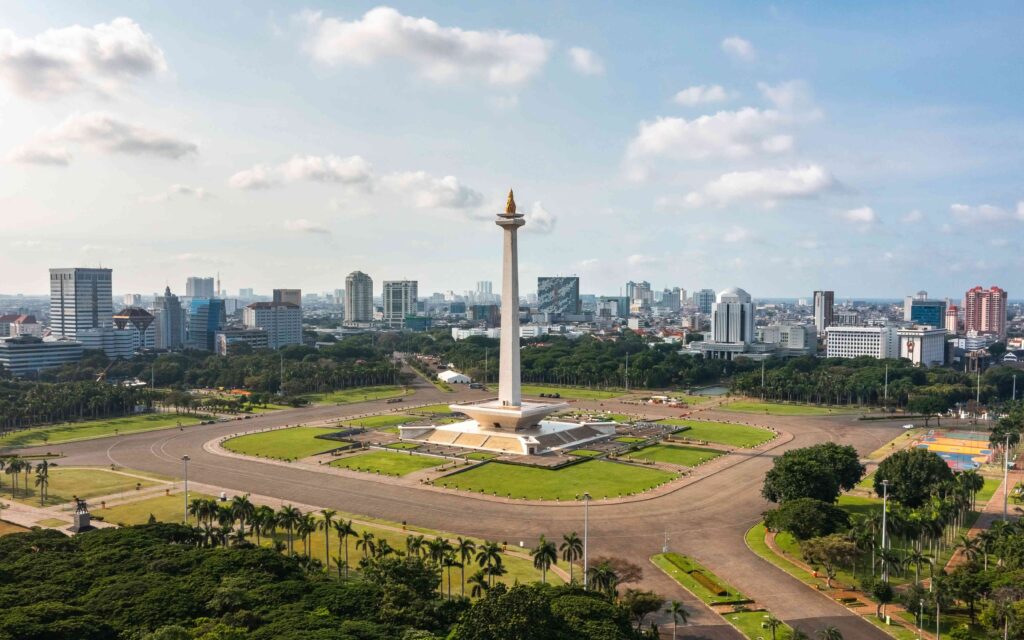
What is modern-day Indonesia had been under colonial rule for a long time when the Dutch colonists found themselves expelled by the Empire of Japan in 1942.
The archipelago bent the knee to the Japanese authorities but independence preparations for Indonesia were already afoot and the Japanese, in September 1943, created the Central Advisory Council in Java.
This was chaired by the Indonesian nationalist leader Sukarno. And this led Sukarno to the preparatory groundwork for Pancasila.
In November of 1944, as the war came to an end, the 5 principles as formulated by the Indonesian leader need to be communicated.
On the 15th of that month, Sukarno laid out these 5 principles or “5 obligations” to the CAC and they were meant to be the basis of the political systems that Sukarno argued that the future would soon hold.
As this system of independence, which was sponsored by the Japanese, began to come to fruition, however, the Dutch returned to Indonesian waters and once the Japanese had surrendered, they began to re-exert their control over the islands of Indonesia.
On the 1st of June, 1945 Sukarno decided to announce the five principles to the nation and these were:
Pancasila – 5 Principles: Indonesian Nationalism/Internationalism
Belief In The One And Only God
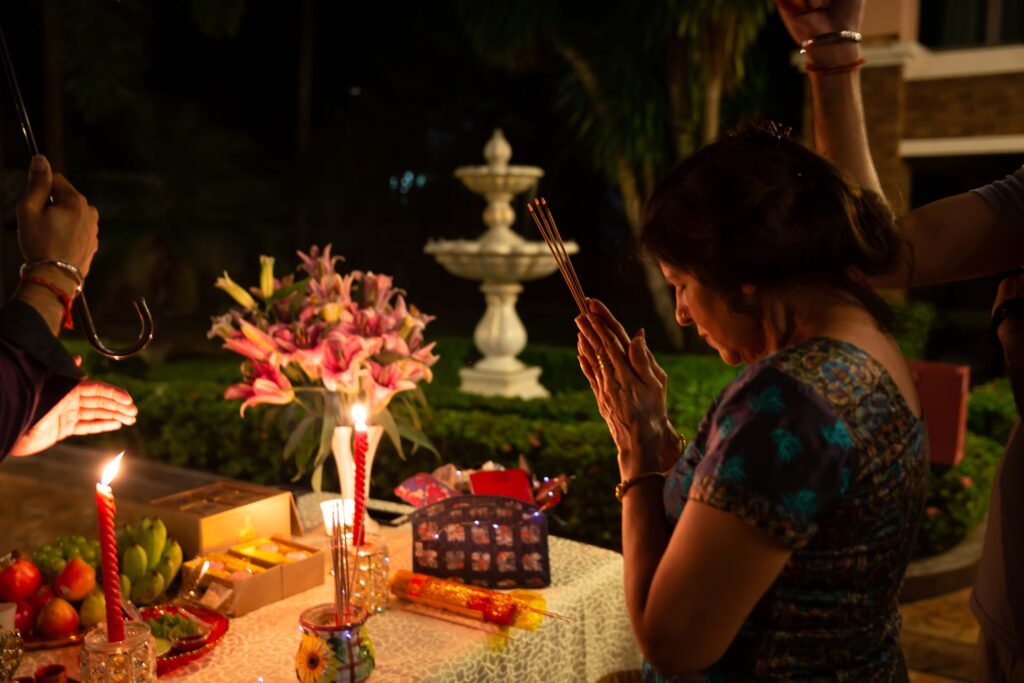
Belief in one god is the founding principle and the first thing mentioned in the speech delivered by Sukarno referring to the five principles of Indonesian nationalism/internationalism.
This principle is very important because it dictates which religions may be recognised in Indonesia as “official religions”.
Balinese Hinduism had to adapt to this principle and declare all Hindu Gods to be aspects of a single unified God in order to be recognized and the other official religions are Catholicism, Protestantism, Buddhism and, of course, Islam.
Belief In A Just And Civilized Humanity
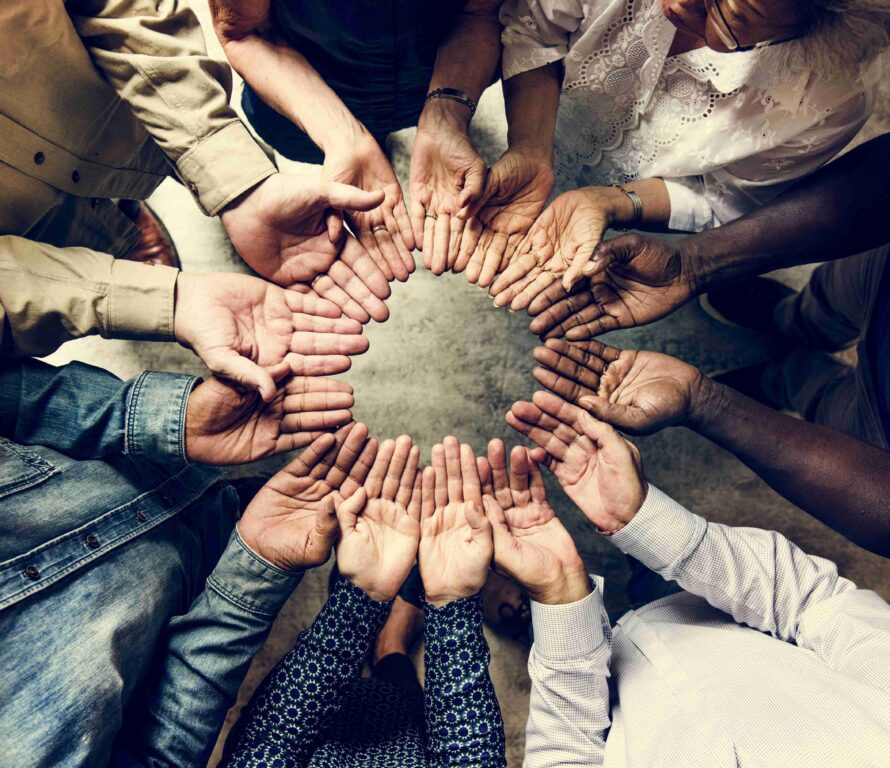
The idea of a just and civilized humanity was an important one to help the country decide between nationalism, internationalism or humanism.
It meant that civic virtue involved citizens taking steps to emphasize the common bond between people everywhere and not just in Indonesia.
Belief In The Unity Of Indonesia
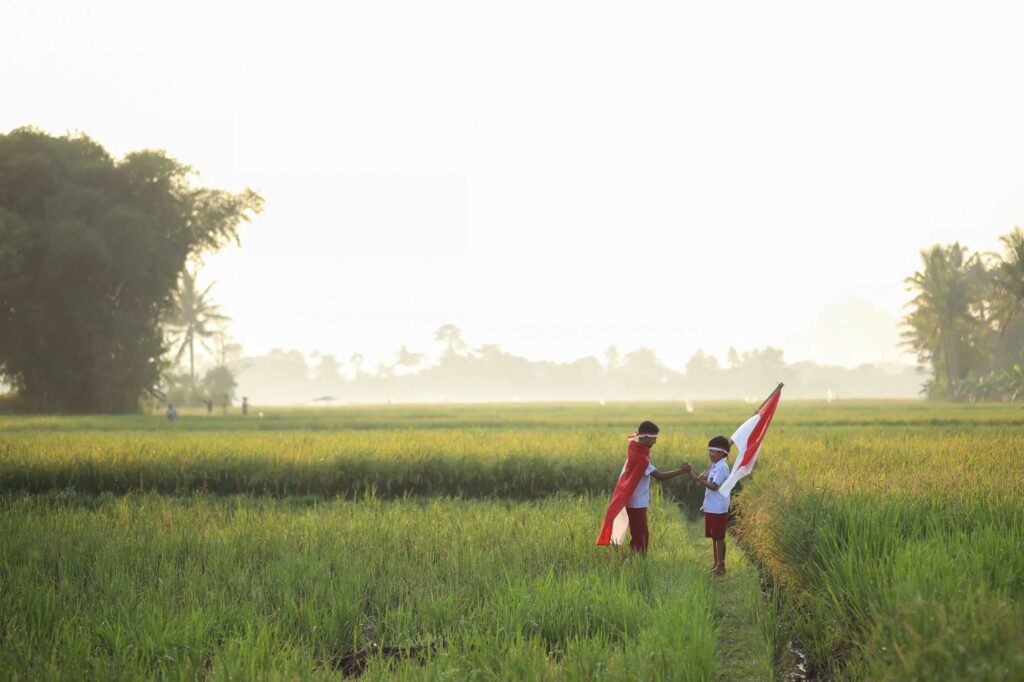
If you want to ensure that political systems organize public life then you need to ensure that nobody gets a dominant say in those systems or you end up with tyranny.
This principle was all about ensuring that the country got a representative democracy. Social prosperity stems from the idea that no ethnicity had control over this and that every member of the ruling council would have an equal share of the voting power.
Belief In Indonesian Patriotism
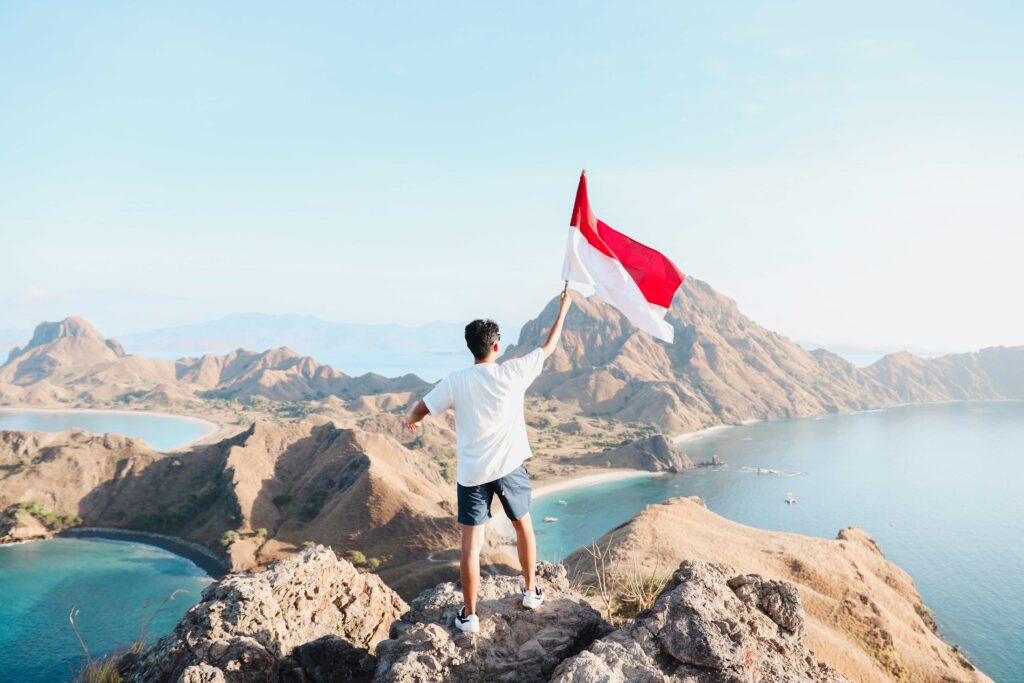
The Indonesian people were all to be included in this new world and that meant everyone had the opportunity to have a say in the future.
Belief In Social Justice
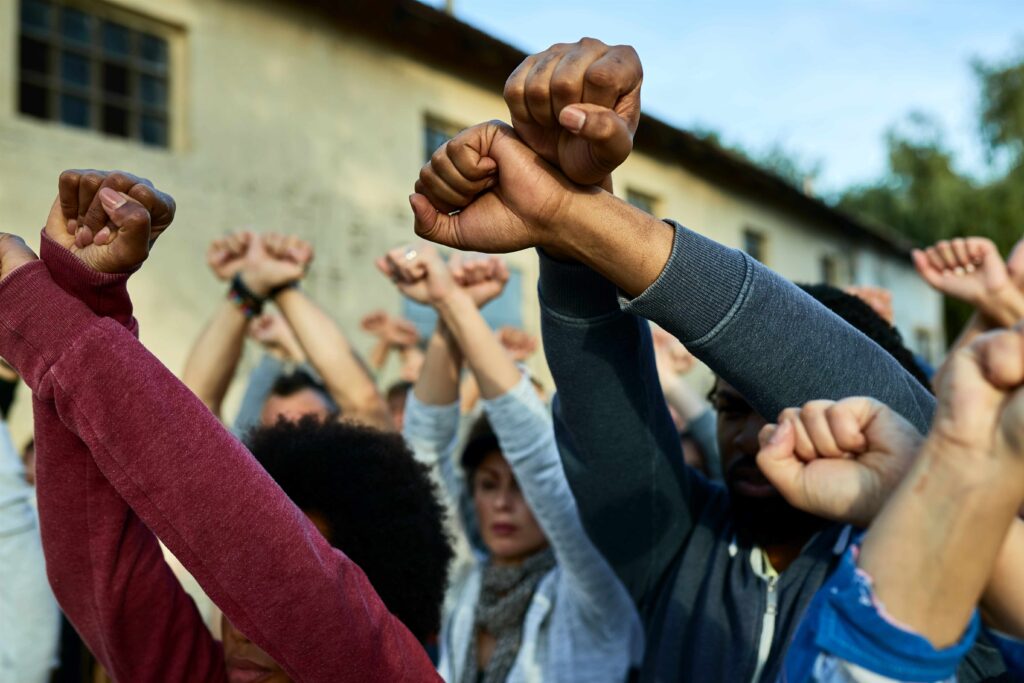
Perhaps, the most important principle of all was the idea of social justice and social welfare which meant that a form of welfare state would be created in Indonesia.
This wasn’t entirely “socialism” as defined by modern Western nations but was born from the socialism that was popular in that time.
This of course created a liberal tradition for citizens here that helped to ensure that once Indonesia was independent, that the demands of citizens were never ignored by those in power.
When Is Pancasila Day?
Pacasila Day is celebrated each year on the 1st of June on the anniversary of the announcement of the principles to the Indonesian people.
What Happens On Pancasila Day In Bali And Indonesia?
It’s not a huge occasion in Indonesia, but there is a moment of silence held to honour the fallen heroes of the past; the five principles are read out loud, and the Andhika Bayangkari is sung (a song about the ideology), and then the Indonesian flag is raised while people say prayers for the nation.
FAQs
What Is Pancasila Day In Bali? What Is The Pancasila Day In Indonesia?
Pancasila Day is the anniversary of the first time that the five principles of Indonesian national unity were first read aloud to the nation by the future President Sukarno.
Why Is Pancasila Day Celebrated?
Pancasila Day is a memory of the realization of Indonesia’s independence as a nation and more importantly of the national unity sought after by the Indonesian people.
Which Religion Advocated Pancasila?
Pancasila is meant to support all the national religions of Indonesia and was supported by all in return. However, the original principles were not quite so specific about “only one god” and this principle has been amended to reflect the monotheism of the dominant faiths of the archipelago.
What Is The Birth Of Pancasila Address?
It is the address where these principles were announced to the future Indonesian state by Sukarno.
How Is Pancasila In Indonesia An Example Of Nationalism?
These principles are designed to foster national spirit and unity.
Final Thoughts On Pancasila Day
You might not even notice Pancasila Day was taking place in Bali unless you went looking for it. It marks a very important occasion in Indonesian history but its not really the sort of thing that an outsider can participate in.
Of course, as long as you’re respectful it’s fine to observe any Pancasila Day ceremonies here in Bali.







